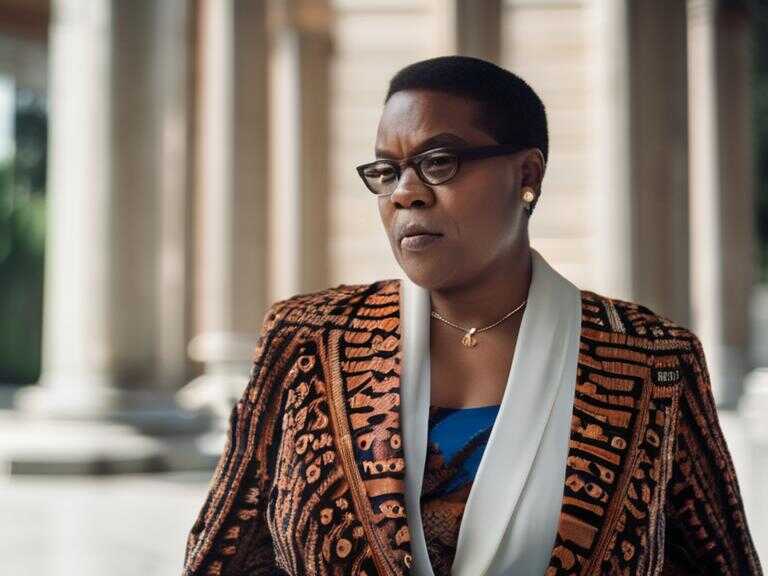
Generational Gap: Young Adults Less Engaged in U.S. Politics
Younger adults show less interest and engagement in U.S. politics compared to older generations, with differences in voting importance, news consumption, and issue prioritization.

In the realm of contemporary society, understanding the nuances of political engagement across different generations is crucial. While older generations tend to demonstrate a higher level of involvement in political affairs, younger adults often exhibit a distinct pattern of disengagement.
Numerous studies have highlighted this generational gap in political participation. For instance, research indicates that while a significant proportion of young adults recognize the importance of voting, they are less likely to actively participate in the electoral process compared to their older counterparts. This trend extends beyond voting to encompass broader aspects of political engagement, such as following news about political developments and engaging in discussions on concern issues.
The Shifting Landscape of Political Interest
Several factors contribute to this divergence in political engagement between generations. One prominent explanation lies in the evolving media landscape. Younger adults are exposed to a vast array of information sources, often characterized by shorter attention spans and a preference for instant gratification. This can make it challenging for them to delve into complex political issues and remain informed about current events.
Furthermore, younger generations may perceive a disconnect between their lived experiences and the political establishment. They might feel disillusioned with traditional political parties and institutions, leading to a sense of apathy or cynicism towards politics. Additionally, different views on social and economic issues can further contribute to this generational divide.
Bridging the Gap in Political Engagement
Addressing this generational gap in political engagement requires a multi-faceted approach. Educational institutions can play a vital role in fostering civic awareness and critical thinking skills among young people. Engaging curricula that explore current events, government structures, and the importance of political participation can empower students to become informed and active citizens.
Moreover, political parties and campaigns need to adapt their strategies to resonate with younger voters. Utilizing digital platforms, engaging in meaningful dialogue on social media, and addressing the concerns of young people on issues such as climate change, economic inequality, and access to healthcare are crucial steps in bridging this divide.
Promoting Inclusive Political Discourse
Creating a more inclusive and participatory political environment is essential for fostering genuine political engagement across generations. Encouraging open dialogue, respecting diverse perspectives, and promoting a sense of belonging within the political process can empower all individuals to contribute their voices and ideas.
By recognizing the unique challenges and aspirations of younger generations, we can work towards bridging the generational gap in political engagement and creating a more vibrant and inclusive democracy.
Share news















